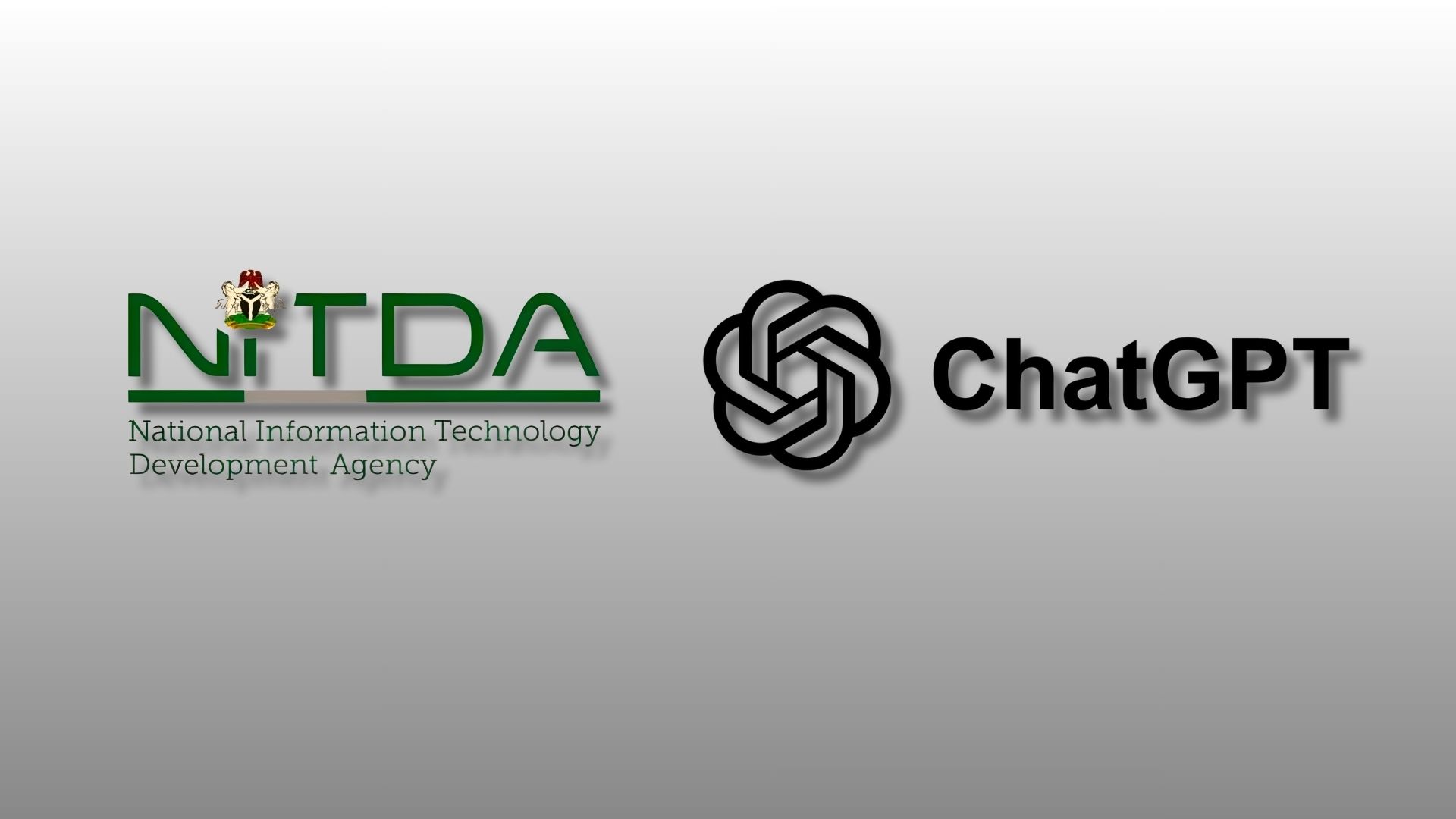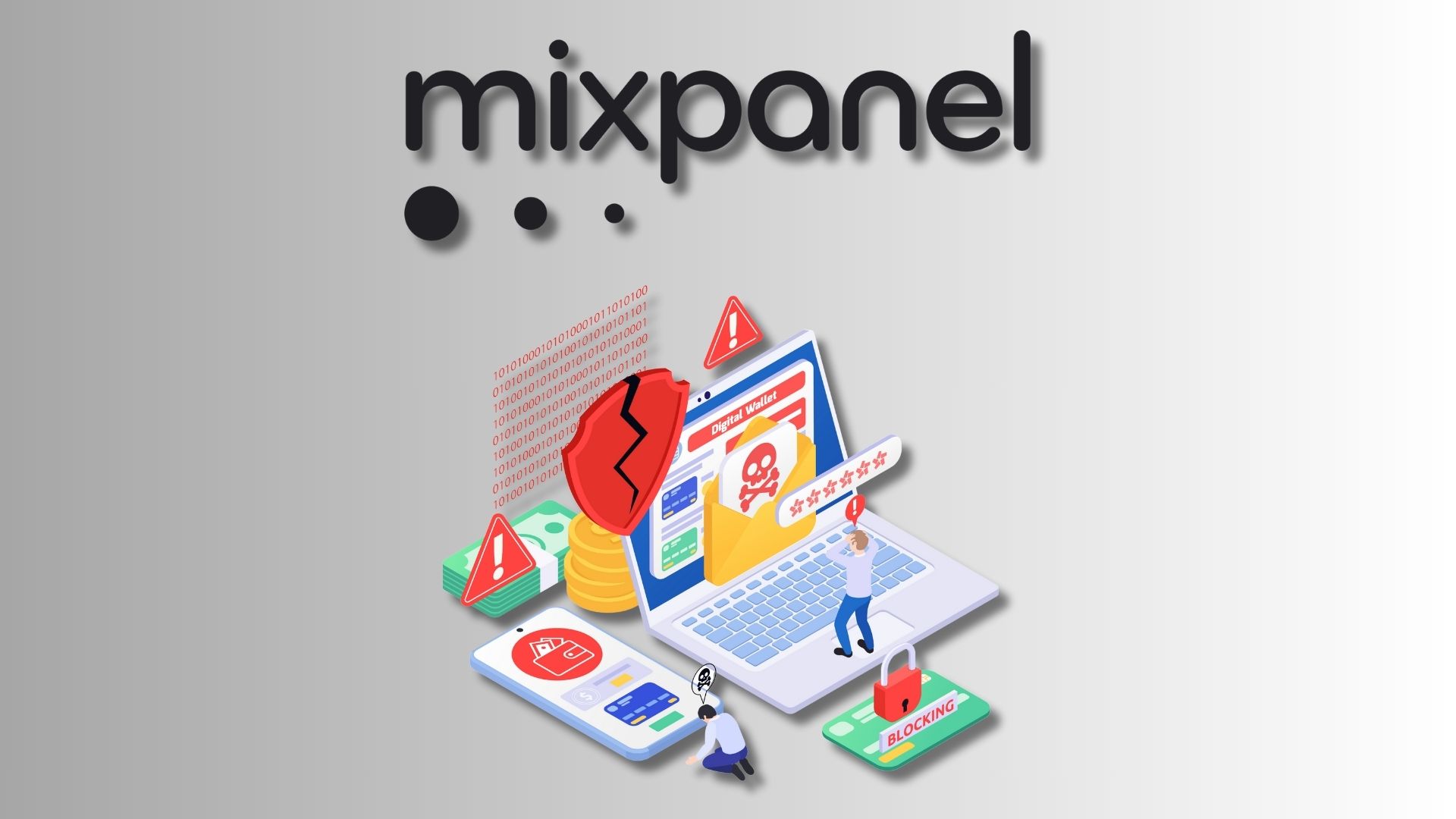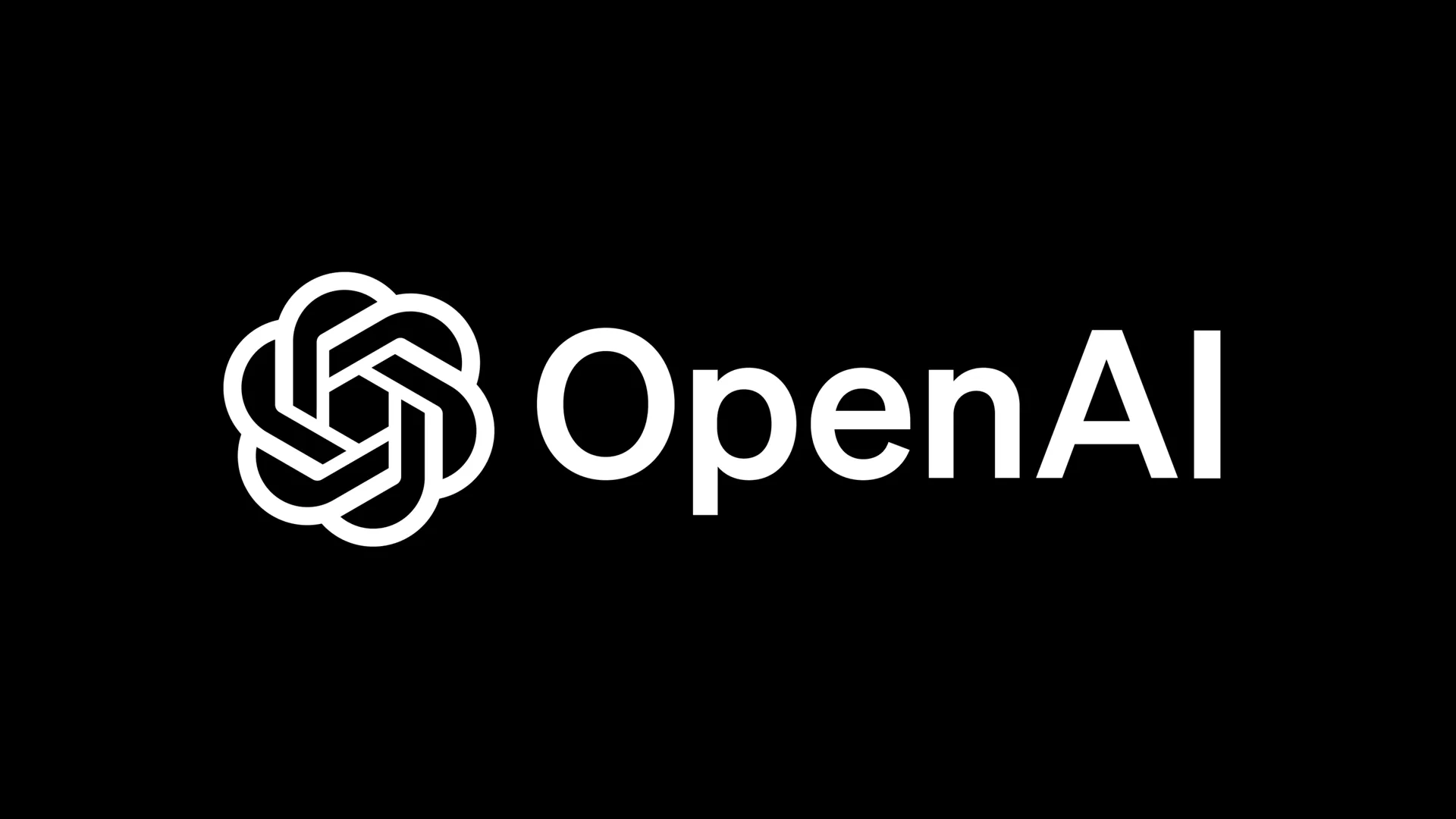The US AI company, OpenAI, has co-founded the Agentic AI Foundation (AAIF) under the Linux Foundation alongside Anthropic, Block, Google, Microsoft, AWS, Bloomberg, and Cloudflare.
A foundation that aims to provide neutral stewardship for open, interoperable agentic AI infrastructure as systems move from experimental prototypes into real-world applications.
The initiative includes the donation of OpenAI’s AGENTS.md, a lightweight Markdown file designed to provide agents with project-specific instructions and context.
Since its release in August 2025, AGENTS.md has been adopted by more than 60,000 open-source projects, ensuring consistent behaviour across diverse repositories and frameworks. Contributions from Anthropic and Block will include the Model Context Protocol and the goose project, respectively.
By establishing AAIF, the co-founders intend to prevent ecosystem fragmentation and foster safe, portable, and interoperable agentic AI systems.
The foundation provides a shared platform for development, governance, and extension of open standards, with oversight by the Linux Foundation to guarantee neutral, long-term stewardship.
OpenAI emphasises that the foundation will support developers, enterprises, and the wider open-source community, inviting contributors to help shape agentic AI standards.
The AAIF reflects a collaborative effort to advance agentic AI transparently and in the public interest while promoting innovation across tools and platforms.
Would you like to learn more about AI, tech and digital diplomacy? If so, ask our Diplo chatbot!









